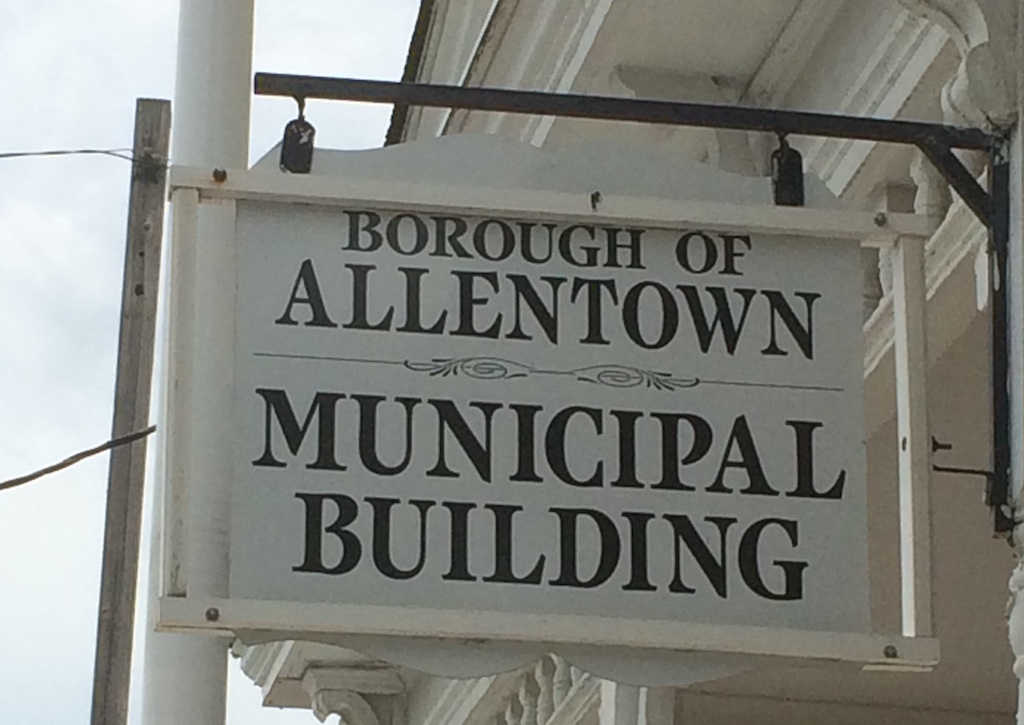ALLENTOWN – Members of the Allentown Borough Council are calling for the creation of a study commission to review New Jersey’s Open Public Records Act (OPRA). Similar action has been taken by officials in other municipalities in recent weeks.
Under OPRA, a formal request for public information may be filed with any public entity. After a request has been filed, the public entity that is being asked to provide the information has seven days to provide the information or to inform the requester why the information will not be provided. The law was enacted in 2002.
On Nov. 26, Allentown council members passed a resolution which asks for a formal review of OPRA. They are appealling to the Legislature “to form a commission comprised of mayors, municipal clerks, municipal managers, attorneys, police chiefs, open government advocates, privacy experts, members of the media, citizens and other appropriate stakeholders to review and examine the effects of OPRA on local government and the needs to be fulfilled by the law, and use the commission’s findings to perform a comprehensive reform of OPRA.”
According to the resolution, the council supports open, transparent government. The governing body said it understands citizens and residents have the right to be informed about the workings of government in order to best participate in a democracy.
The resolution goes on to state that “OPRA has been a positive light, but it has also been fraught with abuse and misuse, and has become an unanticipated financial cost to taxpayers.”
The council members said Allentown “has labored under a well-intended law that has spiraled out of control due to the volume and nature of requests, the cost to taxpayers in responding to the requests, and the potential liability in having to pay disproportionate prevailing party attorney’s fees should the requests turn into litigated matters, as well as the liability in determining which documents shall be released, with or without redaction, while attempting to maintain individual privacy.”
Allentown received and responded to 275 OPRA requests in 2017, to 320 OPRA requests in 2018 and to 100 OPRA requests in 2019 (as of Nov. 22).
Officials said the municipal staff has spent many hours responding to OPRA requests and that with a limited staff, the requests for information place an extra burden on municipal operations with additional costs paid for by the taxpayers.
The resolution states that “due to the often-conflicting case law and Government Records Council decisions, as well as the unique characteristics of OPRA requests, the borough must often times rely on the municipal attorney to review certain OPRA requests, resulting in additional fees in response to OPRA requests that have to be paid by taxpayers.”

